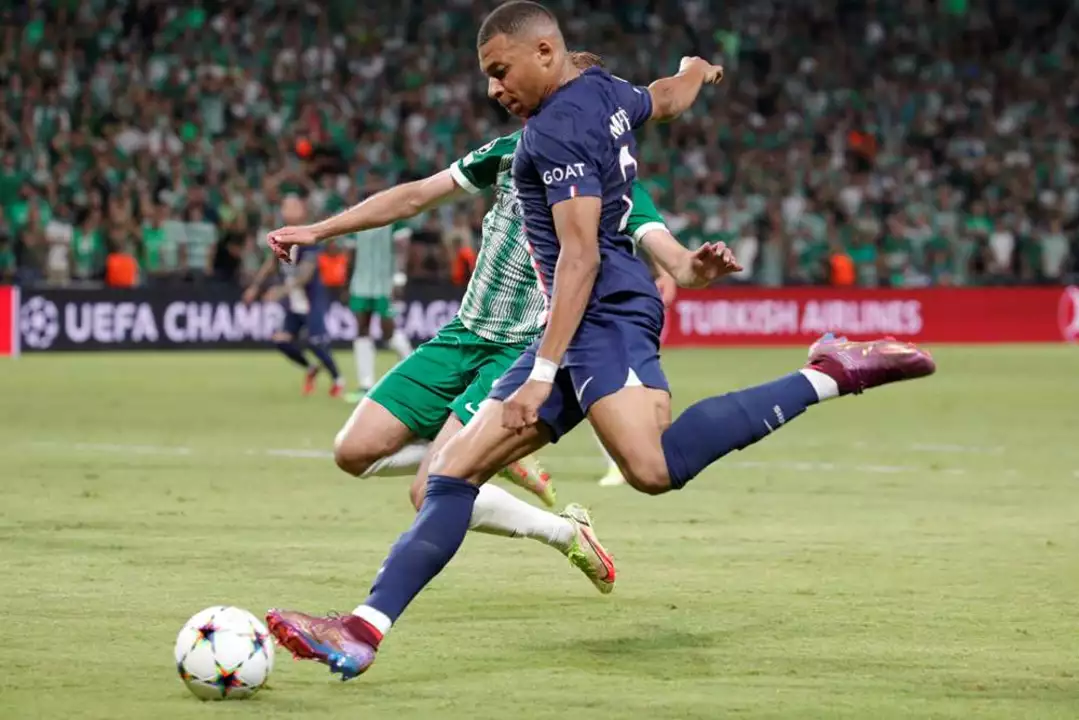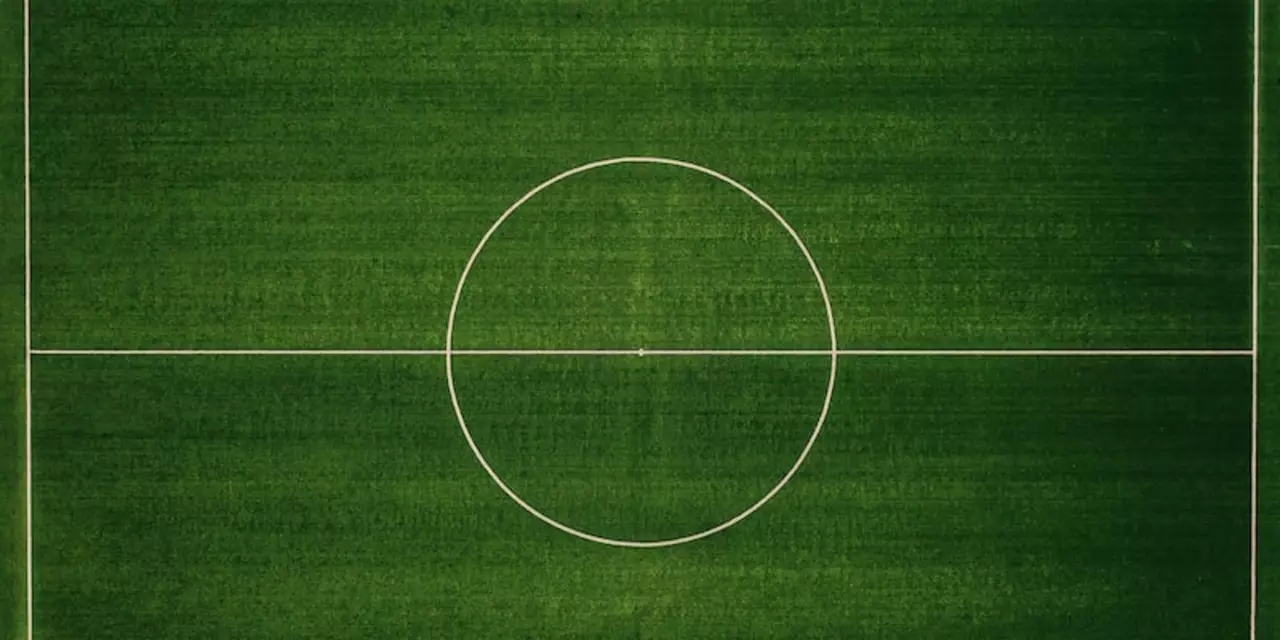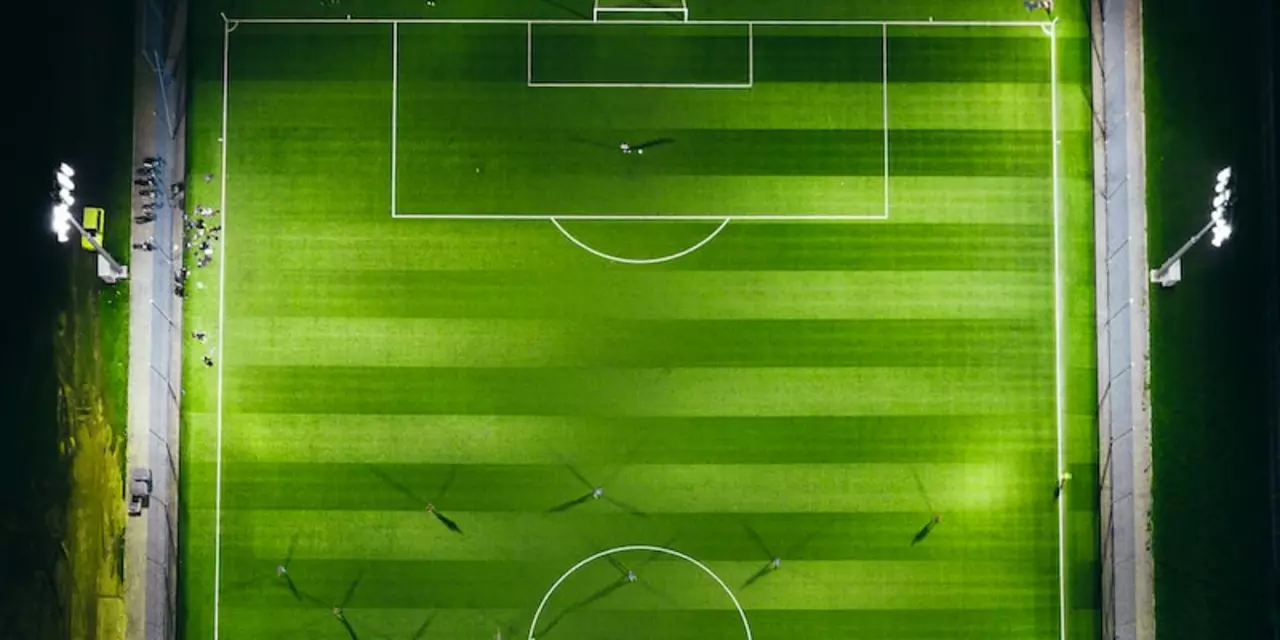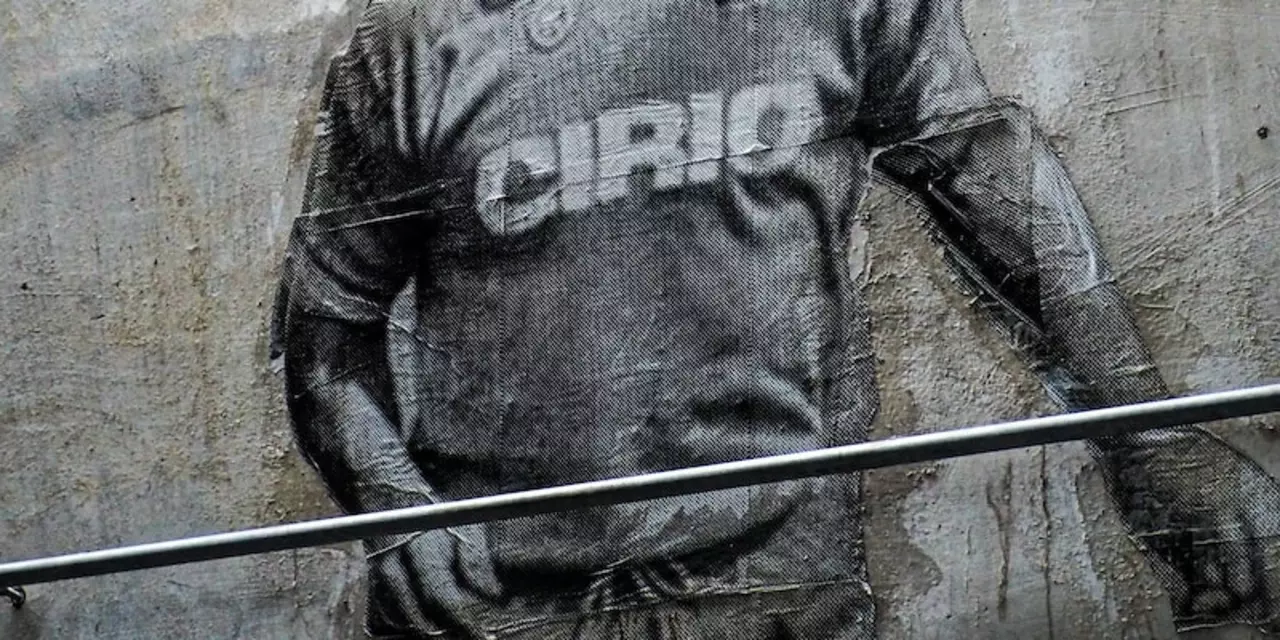Soccer – Your Hub for Game Insights
When you think about Soccer, the global sport where two teams aim to put a ball into the opponent’s net using mostly their feet. Also known as football, it draws billions of fans each year. Soccer isn’t just a game; it’s a blend of skill, strategy, and community. soccer player, an athlete who trains to master ball control, fitness, and tactical awareness embodies the personal side of the sport, while the broader ecosystem includes leagues, agents, and fan culture.
Key Topics Covered
soccer league, an organized competition where clubs play a set schedule to crown a champion provides the structure that fuels rivalries and season narratives. soccer agent, a professional who negotiates contracts, manages transfers, and guides career moves for players influences the business side of the game. Together, they show that soccer encompasses player development, league competition, and fan culture. The sport requires fitness, technique, and tactical understanding, and agents influence player transfers and career decisions. Understanding these pieces helps you appreciate why misconceptions—like thinking soccer is low‑scoring or dull—miss the excitement of a last‑minute goal or a tactical masterclass.
In the articles below you’ll find practical advice on improving as a soccer player, clear debunking of common myths, insights into how leagues shape the calendar, and a look at what agents actually do behind the scenes. Whether you’re a rookie eager to boost your skills or a fan curious about the sport’s inner workings, the collection ahead offers a well‑rounded look at the beautiful game.
0 score ever been reverted in the history of football (soccer)?
Football (soccer) is a sport that has been played for centuries and has been subject to various rule changes and updates over time. However, one thing that has remained consistent is that no score has ever been reversed in the history of the sport. This is due to the fact that the rules do not allow for a score to be reversed, even if a referee or other official has made an incorrect call. While there have been instances in which a goal was overturned due to a foul or other infraction, the score has never been reversed. This makes the sport unique in that it holds referees and players to a higher standard of play, ensuring that the outcome of the game is fair and accurate.
Why doesn't the United States have a better soccer team?
The United States is one of the most successful countries in the world in terms of sports, but it has not been able to create a successful soccer team. This article explains some of the reasons why the US has not been able to develop its soccer talent. The first reason is the lack of a national soccer league, which makes it difficult for players to develop their skills. Additionally, soccer is not as popular as other sports in the US, which means that there is less financial support for the sport. Finally, the US has not had a successful soccer coach in recent years, which has made it difficult to cultivate a successful soccer team.
What Nike soccer cleats are the best for a center back?
Nike soccer cleats are an important part of any soccer player's game, and for a center back, having the right pair of cleats is essential. The Nike Mercurial Vapor 13 Elite AG-PRO, PhantomVSN Elite DF and PhantomVSN Elite AG-PRO are all great choices, offering both comfort and performance. The Vapor 13 Elite AG-PRO provides great responsiveness and cushioning, while the PhantomVSN Elite DF and AG-PRO offer a lightweight design and enhanced protection. All of these cleats provide great protection, comfort and performance, so it's up to the player to decide which one suits them best.
Why do some soccer players dive when barely touched?
In the world of soccer, diving is a controversial issue. It occurs when a player goes to the ground without clear contact from an opponent and often results in a foul being called in their favor. There are many reasons why a player may choose to dive, such as fear of contact, the desire to gain an advantage, or to deceive the referee. While diving can be seen as dishonorable, it can be an effective strategy if used correctly. The key for players is to understand when to dive and when not to dive for the best results.




 Sports Analysis
Sports Analysis